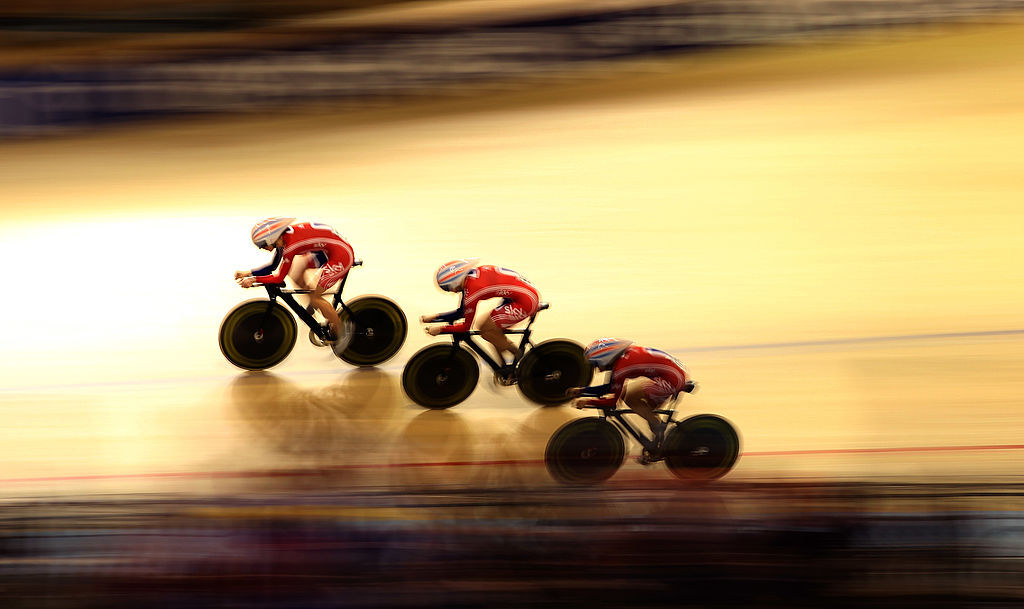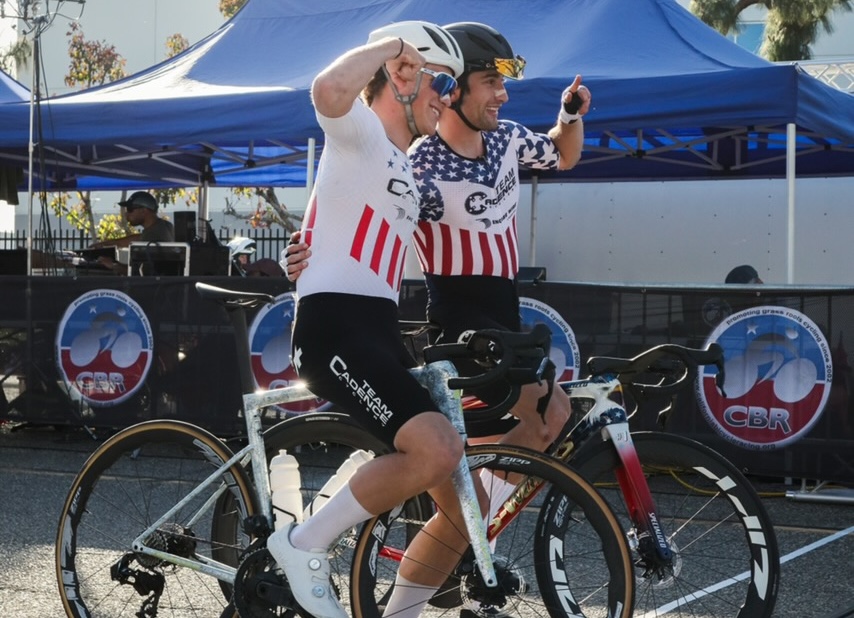Parisotto: If UKAD can't stick to its charter then it's not fit for purpose
Anti-doping expert highlights moral and ethical problems linked to nandrolone case

The latest race content, interviews, features, reviews and expert buying guides, direct to your inbox!
You are now subscribed
Your newsletter sign-up was successful
A prominent anti-doping expert and one of the founding doctors who helped with the development of the Biological Passport has questioned whether UK-Anti-Doping (UKAD) is fit for purpose after it was revealed that the agency allowed British Cycling to conduct its own internal investigation into a test result that returned traces of nandrolone in late 2010.
According to an extensive report in the Mail on Sunday, UKAD allowed British Cycling to carry out its own investigation in 2011 as the traces of the banned substance were not enough to trigger an anti-doping violation.
British Cycling never shared its findings after using a private lab to carry out a series of tests, although, according to the report in the Mail on Sunday, the results ruled out contamination from a supplement or illness. The news that UKAD never followed up on the matter after notifying British Cycling of the initial test has triggered the World Anti-Doping Agency (WADA) to launch a full investigation.
On Sunday the MoS also revealed that UKAD was asked to look into the matter as recently as 2019 – at which point the test result was still within the boundaries of the statute of limitations. Just last week, UKAD was roundly criticized for the failure to properly investigate historical doping allegations but the fresh revelations have rocked the agency to its core with the news that WADA has begun and formal investigation.
WADA launch investigation into UKAD after British Cycling were allowed to conduct own doping inquiry
UKAD and British Cycling face questions over 2010 doping control of ‘prominent track rider’
UKAD failed cycling by bungling its handling of a historic doping allegation denied by Shane Sutton
Richard Freeman struck off British medical register
"Morally and ethically, if a team is testing itself then where’s the oversight, where’s the transparency, and where’s the independence? Those are the questions that come to mind, at least for me anyway," Robin Parisotto, a leading anti-doping expert in Australia, told Cyclingnews.
"If a team is doing this outside of the public view then it only leads to one conclusion, and that’s that people will suspect that something nefarious is going on. And when it’s found out, it doesn’t look very good. Does it?"
UKAD has responded to the WADA investigation by stating that it works within the governing body’s framework, and while Parisotto believes that UKAD might have a legal argument, it has undermined its own charter by not investigating the matter properly and by turning over responsibility to British Cycling.
The latest race content, interviews, features, reviews and expert buying guides, direct to your inbox!
When asked by Cyclingnews if the fox was guarding the henhouse when it came to anti-doping, Parisotto agreed, before adding that UKAD may need to be rebuilt.
"What they’ve done is totally unsatisfactory because even if the test wasn’t registering a level of nandrolone that was consistent with doping, there’s certainly evidence that it should have been investigated independently of British Cycling," he said.
"That’s where the big drama is because where’s the independence if British Cycling are investigating their own cyclists? Legally they probably weren’t bound to do anything but ethically and morally to just say British Cycling could do their own thing just isn’t right. It’s just not right. They should have been proactive so that there was an arm’s length review of the situation. It’s a terrible failing in what their charter is. If they can't stick by their charter then they’re not fit for purpose and if that’s the case then the whole of UKAD needs to be reviewed and reborn."
'It leaves some very nasty questions'
Parisotto, who has a deep understanding of the recent issues surrounding the Russian Anti-Doping Agency (RUSADA), was asked to compare that situation with the UKAD and British Cycling story.
"The only parallel is that we’ve been told to believe that an investigation has been going on. We don’t know the reach of the WADA investigation, whereas it was pretty public with the RUSADA investigation as to what they were going to look at. At this stage it’s too early to say what their investigation will entail but it could include drugs, personnel, communications and supply. They should all be canvased in this investigation," he said.
"For me, the biggest surprise is that UKAD turned a blind eye or that they never went back to check. If UKAD knowingly advised British Cycling to go on their own merry way, that would be like ASADA telling rugby in Australia that they could do their own drug tests. It’s just not on, and especially so if UKAD were aware of it or advised them. It’s wrong every way you look at it.
"It leaves questions in my mind about how thorough they’ve been in their anti-doping investigations and how committed they were to the cause if they were flagrantly telling sporting bodies to go and do their own thing. That’s how it comes across. It all leaves some very nasty questions. On top of all the things that have happened recently, it just builds on all the other stuff. That’s the whole thing."
As for UKAD, which state publicly that it is "responsible for creating a UK-wide environment of confidence in clean sport", the questions loom large.
Firstly, as to why it notified British Cycling of the initial result, then as to why it allowed the sport’s body to conduct its own internal investigation. Secondly, why did the anti-doping agency never follow up on British Cycling’s findings to determine the root cause of the nandrolone test?
In a statement, UKAD’s CEO Nicole Sapstead, who was Director of Operations at UKAD at the time, said: "We refute any implication that speaking to an NGB about a sample containing trace amounts of a threshold substance amounts to anything improper."
UKAD also confirmed that it had no record of the results carried out from the private drug testing.
Daniel Benson was the Editor in Chief at Cyclingnews.com between 2008 and 2022. Based in the UK, he joined the Cyclingnews team in 2008 as the site's first UK-based Managing Editor. In that time, he reported on over a dozen editions of the Tour de France, several World Championships, the Tour Down Under, Spring Classics, and the London 2012 Olympic Games. With the help of the excellent editorial team, he ran the coverage on Cyclingnews and has interviewed leading figures in the sport including UCI Presidents and Tour de France winners.

